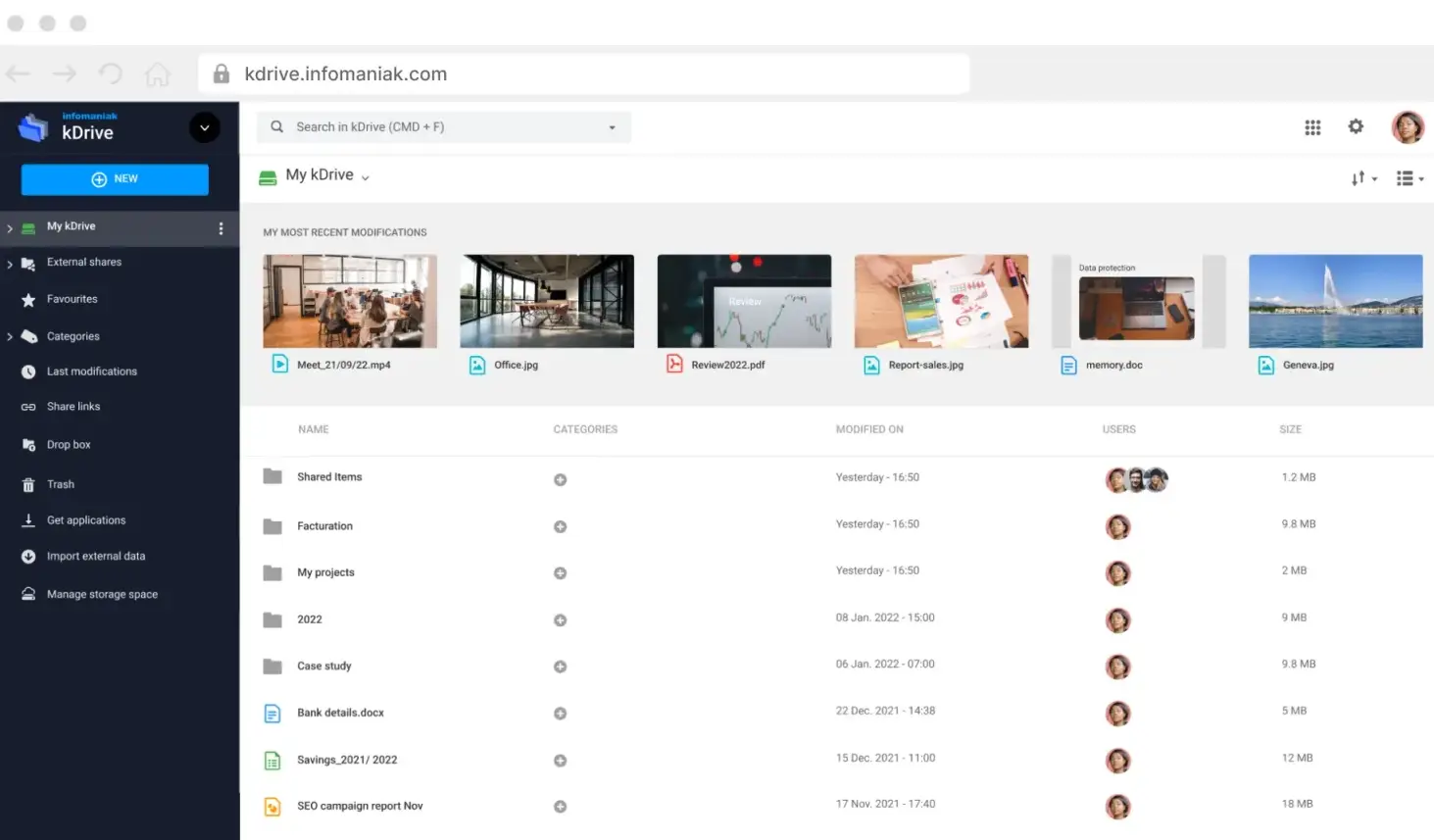Finding cost-effective alternatives to Microsoft Office is essential for both personal and professional use. Indeed you are probably looking for Miscrosoft alternatives or Google alternatives, more respectful of your privacy. With a variety of free and affordable office suites available, users can save money while still accessing powerful tools for document creation, spreadsheets, and presentations. This post will explore some of the best office solutions that not only help you save on software costs but also provide valuable tips for maximizing productivity. Whether you’re looking for cloud-based options or robust local applications, there are plenty of choices to fit your needs without breaking the bank.
Jump to...
Three Main Axis To Consider
Pricing
Office solutions typically offer various pricing options to accommodate different user needs and budgets. Most plans are structured as subscriptions, with monthly or annual billing cycles available. For example, Microsoft 365 provides several tiers, such as Business Basic at around $5.70 per user per month, which includes essential apps and cloud services, while Business Premium can cost up to $23.70 per user per month, offering advanced features like enhanced security and device management.
Additionally, some solutions like Google Workspace start at $6 per user per month for basic functionality, while more comprehensive plans can reach $18 or more. Users can save money by opting for annual subscriptions, which often come at a lower monthly rate compared to monthly payments. It’s essential to evaluate the features included in each plan to ensure it meets your specific requirements without overspending.
Platform
Office solutions are available in two primary platform options: online and local. Online office suites, such as Microsoft Office Online and Google Docs, provide users with the ability to access applications and documents via a web browser, facilitating real-time collaboration and easy sharing from any device with an internet connection. However, these solutions often come with limitations, such as restricted features and the necessity of a stable internet connection for functionality.
In contrast, local office applications like Microsoft Office Desktop and LibreOffice are installed directly on a user’s device, offering full functionality, advanced features, and the ability to work offline without internet access. This makes local solutions ideal for users who require robust performance and the ability to handle larger files or complex tasks without connectivity concerns. Ultimately, the choice between online and local office solutions depends on individual needs for accessibility, collaboration, and feature sets.

Open Source
Open source refers to software whose source code is made publicly available for anyone to view, modify, and distribute. This collaborative approach allows developers from around the world to contribute to and enhance the software, fostering innovation and flexibility. The primary advantages of open-source software include cost-effectiveness, as it is typically free to use; customization, allowing users to tailor the software to their specific needs; and community support, which can lead to rapid problem-solving and improvements.
However, there are also drawbacks, such as limited formal support, potential compatibility issues, and the risk of fragmentation due to multiple versions being developed simultaneously. Overall, open source represents a powerful model for software development that emphasizes transparency and collaboration.
Office Solutions Comparison
| Office Suite | Editor | Pricing | Platform | Open Source | Pros | Cons |
|---|---|---|---|---|---|---|
| Microsoft Office | Microsoft | Paid | Local and Online | No | Widely used, robust features, excellent support. | Subscription fees can be high. |
| OpenOffice | Apache Software Foundation | Free | Local | Yes | Compatible with MS Office formats, open-source. | Slower development, limited modern features. |
| LibreOffice | The Document Foundation | Free | Local | Yes | User-friendly, strong compatibility with MS formats. | User interface may feel outdated for some. |
| WPS Office | Kingsoft | Freemium | Local and Online | No | Cleans interface, cross-platform support. | Free version has ads, limited cloud storage. |
| OnlyOffice | Ascensio System | Free and Paid options | Local and Online | No | Strong collaboration features, good compatibility with MS formats. | Complex deployment for on-premises version. |
| Google Drive | Google LLC | Free and Paid options | Online | No | Real-time collaboration, easy sharing. | Requires internet connection for full functionality. |
| Apple iWork | Apple Inc. | Free (for Apple devices) | Local (Apple devices) | No | Seamless integration across Apple devices. | Limited to Apple ecosystem. |
| SoftMaker FreeOffice | SoftMaker Software GmbH | Free and Paid options | Local | No | User-friendly interface, good compatibility with MS formats. | Free version lacks some advanced features. |
| Polaris Office | MobiSystems Inc. | Freemium | Local and Online | No | User-friendly, good PDF support. | Limited features in the free version, ads present. |
| Zoho Workplace | Zoho Corporation | Freemium | Online | No | Wide range of tools, good for collaboration. | Lacks offline functionality, can be complex for new users. |
| PandaDoc | PandaDoc Inc. | Freemium | Online | No | Easily create and manage documents, templates available. | Mainly focused on document automation, not a full suite. |
| Quip | Salesforce | Freemium | Online | No | Combines documents, spreadsheets, and chat in one platform. | Limited features compared to traditional office suites. |
| Mobiola Document Editor | MobiSystems Inc. | Freemium | Local and Online | No | User-friendly interface, good for mobile devices. | Limited features in the free version; ads present. |
| CryptPad | CryptPad Team | Free and Paid options | Online | Yes | Focuses on privacy and security with real-time collaboration. | User interface may not be as polished as others; limited features compared to full suites. |
| Apache OpenOffice | Apache Software Foundation | Free | Local | Yes | Compatible with MS Office formats, open-source. | Slower development, limited modern features. |
| WPS Office | Kingsoft | Freemium | Local and Online | No | Cleans interface, cross-platform support. | Free version has ads, limited cloud storage. |
Conclusion on Office Solutions
In conclusion, exploring alternatives to Microsoft Office can lead to significant savings while still delivering the functionality you need. Options like LibreOffice, WPS Office, and Google Workspace offer a range of features that cater to different user preferences. By utilizing these alternatives, you can enhance your productivity and enjoy a seamless office experience without the high costs associated with traditional software suites. Remember to consider your specific requirements and choose the option that best suits your workflow. With the right tools at your disposal, you can save money and work efficiently in any environment.
